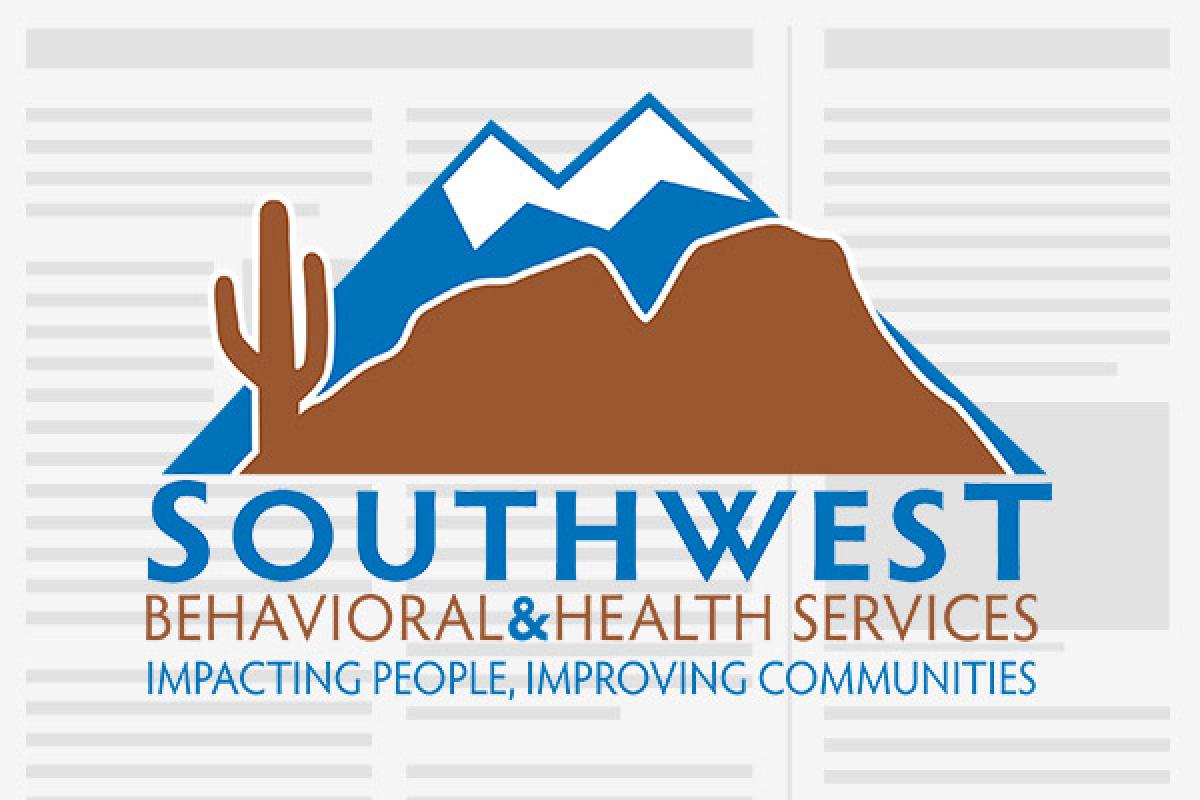
When it comes communicating online, kids see things very differently than their parents. Having e-mail almost since birth, kids feel pretty comfortable sharing their personal information online. But that sense of comfort may make parents a little nervous, and rightfully so. Parents think restricting online use is a great way to keep kids safe but the kids view it as just another way mom and dad are keeping them from their friends and having a good time.
So what’s a parent to do? Exactly the same thing you would do with your kids’ friends IRL (in real life); set some ground rules, stick to them and give the kids a chance to explore and experience online communications, but with a clear understanding that you are going to be checking in on the conversations.
Convincing kids that there are some things that don’t belong online can be challenging. Help them to understand that what they share online could end up in front of the wrong audience.
Microsoft’s Safety & Security Center offers some great tips for keeping your kids safe. Among the recommendations:
Ensure your kids follow age limits on the site.The recommended age for signing up for social websites is usually 13 and over. If your kids are under the recommended age for these sites, do not let them use the sites. It is important to remember that you cannot rely on the services themselves to keep your underage child from signing up.
Educate yourself about the site.Evaluate the sites that your kid plans to use and make sure both of you understand the privacy policy and the code of conduct. Find out if the site monitors content that people post. And be sure to visit your child's page periodically.
Ensure your kids don't use full names. Kids should really onlyuse their first name or a nickname online, but not a nickname that would attract inappropriate attention. Also, do not allow your children to post the full names of their friends.
Teach your children about cyberbullying.As soon as your kid is old enough to use social websites, talk to them about cyberbullying. Tell them that if they think they're being cyberbullied, they should share this information right away with a parent, a teacher, or another adult that they trust. It's also important to encourage kids to communicate with other people online in the same way they would face-to-face. Ask kids to treat other people the way they would prefer to be treated.
Removal of your child's page.If your children refuse to abide by the rules you've set to help protect their safety and you've attempted to help them change their behavior, you can contact the social website your child uses and ask them to remove the page. You may also want to investigate Internet-filtering tools as a complement to, not a replacement for, parental supervision.
Teaching your children to be safe online won’t come automatically. As technology continues to evolve and more and more social sites become available, it is so important to protect your kids online. Just as you would IRL, be there for them online.













